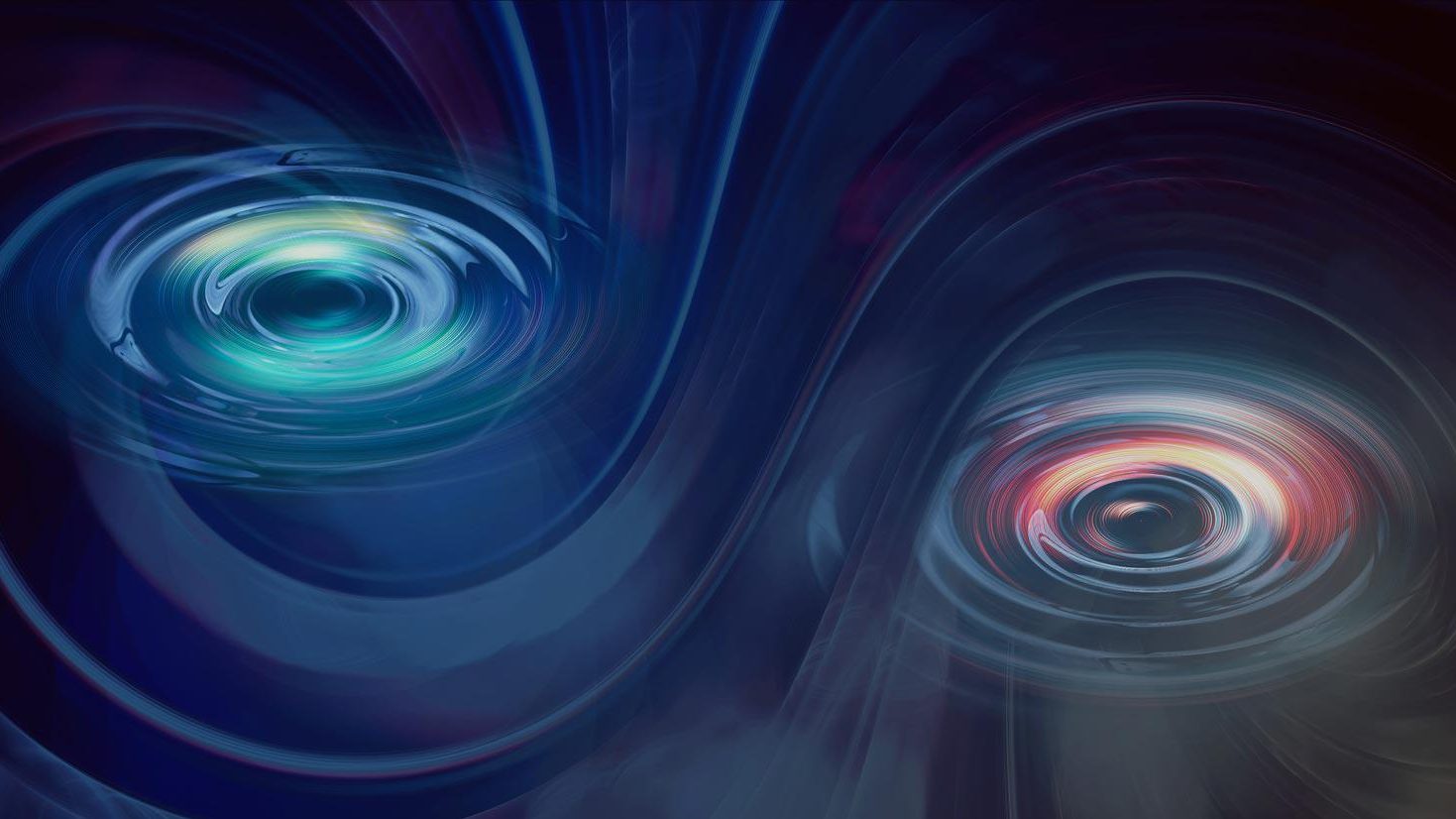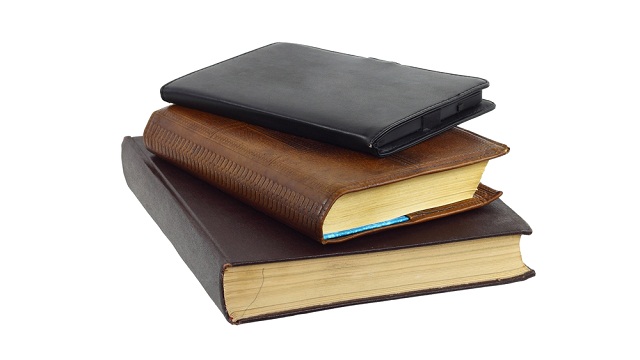Does a Techno Utopia Require Physical Books?

When the new BiblioTech library opens in San Antonio, Texas later this year, it will become the nation’s first “bookless public library” — everything is going to be digital, the library will rent out e-readers like Kindles and iPads, and the whole look and feel of the place will be based on the layout of an Apple store. Librarians, one assumes, will become the equivalent of the guys and girls at the Genius Bar, ready to help you with your information queries once you’ve made an appointment. And, most interestingly, there will not be a physical book in the whole joint.
On one hand, the creation of the nation’s first bookless public library will be exciting – we’ll finally get the paperless, all-digital techno utopia we’ve all been talking about for the past two decades (if not longer). There is a certain elegance, of course, to the notion that people will carry on business as usual, without the weight of all their physical books to burden them and the annoyance of Old Book Smell. Imagine having access to all of human knowledge at your fingertips, and downloading whatever you need to your tablet within seconds. That’s the vision of the library founder, Nelson Wolff, who says “he was inspired to create a digitally native library while reading Walter Isaacson’s biography of Steve Jobs.”
On the other hand, will people actually still read serious books and do scholarly research once their physical books have been taken away? This highlights an important difference between theory and practice. I mean, have you actually been to a public library recently? Get up early one day, head out to your local public library, and check out what most of the people there are doing – they are using all this great digital connectivity to check their Facebook pages, play videogames, and send email. Maybe, if you’re lucky, they’re reading an online newspaper or checking their stock quotes. Back in the day, didn’t students have to take half-day immersions in the research capabilities of their local public library, led by librarians trained in the latest library science? Now, it appears, we basically tell people, “Why don’t you just Google it?”
The same debate is playing out, to a lesser degree, over a stunning new $300 million plan to transform the iconic Beaux Arts New York Public Library on 42nd Street in Manhattan. Instead of dusty old archives on several floors completely inaccessible by the public, the plan is to evict one million books, explode the dusty archives open with light-filled reading areas and then, presumably, wrap the whole place in Wi-Fi. But you should have seen the blowback in New York last week when the plan was unveiled to the public – essentially, people say it will just turn the place into “a glorified Starbucks” where people goof around on their iPads instead of doing real scholarly work. All those dusty archives and that Old Book Smell seems to serve a psychological as well as academic purpose – to remind people they are there to work and, hopefully, to find truth.
You would think the creation of a bookless library would be the type of polarizing issue that would divide people into two camps – the Digital Natives and the Old School Analogs. Instead, what you’ll see on the Internet is an amazing groundswell of support around physical books – a whole meme culture around personal libraries and first editions of famous works. (Even the founder of BiblioTechadmits he has 1,000 first editions and is a physical book lover) The people living in a techno utopia seem to need physical books – or at least the skeuomorphic approximations of physical books. No wonder the books in the Apple iBookstore appear to sit on wooden bookshelves and people tote around covers for their Kindles the same way they might carry around their favorite, dog-eared paperbacks.
We have the ability to create the type of techno utopia that we want collectively as a society. Does this mean a steampunk library, with futuristic cyborg librarians sitting around a bunch of musty bookshelves? Maybe. Simply providing a lot of computers and tablets and free Wi-Fi doesn’t create a techno utopia. In fact, the bookless library – if we’re not careful – may have the opposite effect – it may create a techno dystopia in which the 1% at the top really understand how to use technology, while the bottom 99% are content with the new opiates of the masses – Facebook, YouTube and the latest version of Angry Birds.
image: Futuristic Cyborg Sitting in Classic Library / Shutterstock





